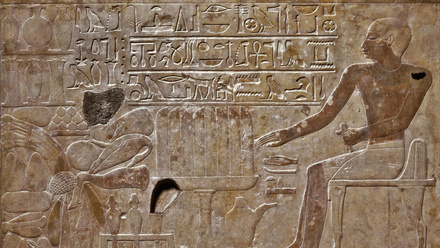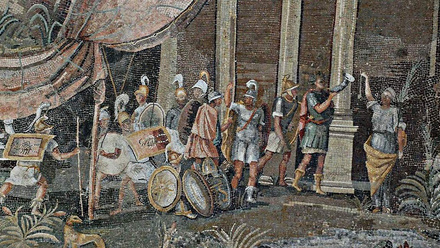Recordings will be made available for those unable to attend the live sessions!
This course will look at warfare and the army in Pharaonic Egypt. We will investigate how the ancient Egyptians went to war, how they structured their army, how they built forts and forged weapons. Starting from the Predynastic, and using iconographic, archaeological and textual sources, we will look in particular at Egypt’s armies during the Old, Middle and New Kingdoms and the campaigns that the Egyptian state launched in Nubia, the Levant and Libya.
Participants will come away from the course with a fuller understanding of Egypt’s role in the world during the Pharaonic Period, and the many ways in which the Pharaonic State sought to extend its power and influence.
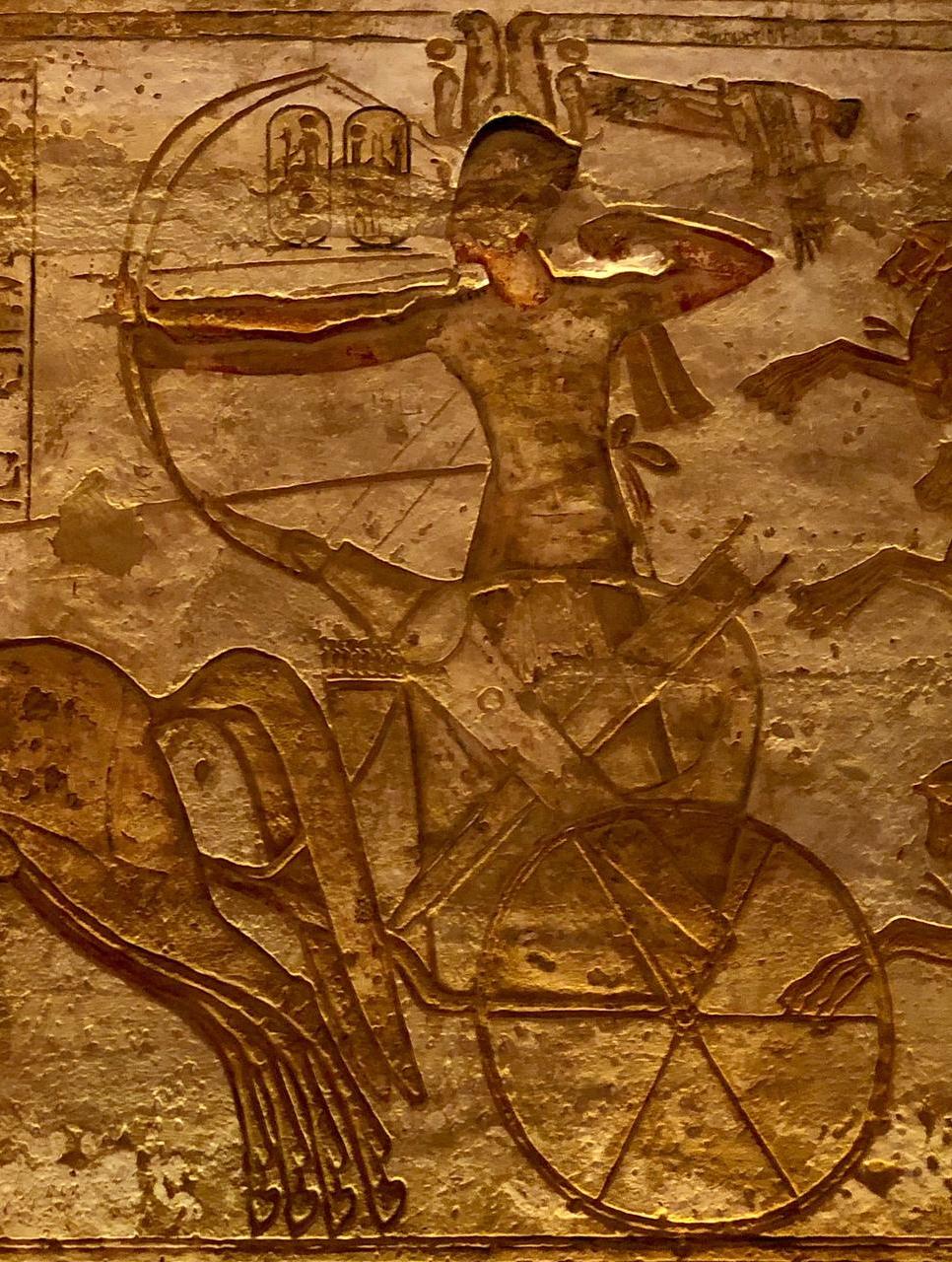

This course assumes some basic knowledge of pharaonic Egypt, including an understanding of ancient Egyptian history and geography. The course will be of interest to those who enjoy Egyptian history, art and material culture, looking to gain further knowledge on this particular topic.
Course Outline
Please note that main content will be delivered between 18:00-19:30, though some optional participation (quizzes, Q&A, etc.) may continue beyond that time.
Thursday 13 June 2024, 18:00-19:30 (UK time)
Week One - Warfare in Egypt’s Earliest Ages
This first lecture will focus on the origins of warfare in ancient Egypt, going as far back as the Mesolithic (over 10,000 years ago)! It will also investigate the iconography of conquest and warfare, as well as the origins of the most common types of ancient Egyptian weaponry.
Thursday 20 June 2024, 18:00-19:30 (UK time)
Week Two - Harkhuf and Weni: Armies and Warfare during Egypt’s Pyramid Age
This lecture will focus on the building of Egypt’s Pharaonic state and the ways in which raids and conquests helped cement Pharaonic power. It will also explore the world around Egypt and identify which groupings and cultures Egypt most frequently came into contact with.
Thursday 27 June 2024, 18:00-19:30 (UK time)
Week Three - Fortifications and Siege Warfare
We will examine fortifications during Egypt’s Middle and New Kingdom, and the ways in which the ancient Egyptians used military architecture to project their imperial project. We will also look at the methods and tools used for siege warfare.
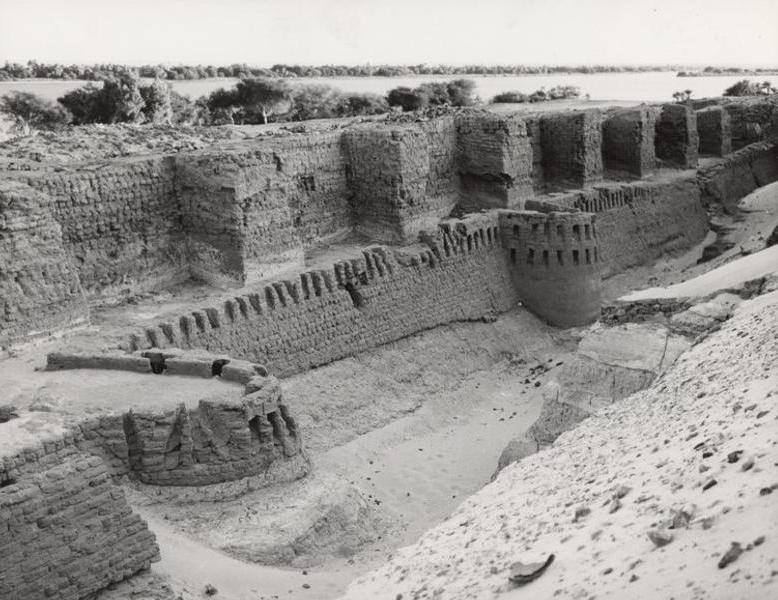
Thursday 4 July 2024, 18:00-19:30 (UK time)
Week Four - The Spectre of Megiddo
In week four, we will examine the rise of Egypt’s 18th Dynasty, the creation of the Heroic King as a concept in Egyptian propaganda, and in particular look at the military career of Thutmosis III and his campaigns across the Near East.
Thursday 11 July 2024, 18:00-19:30 (UK time)
Week Five - A Day at Qadesh
During this final lecture, we will look at how the Ramesside army was built and composed. We will investigate conscription policies, weapons manufacture, military tactics and – of course – discuss the Battle of Qadesh and the subsequent military campaign of both Ramesses II, Merenptah and Ramesses III.
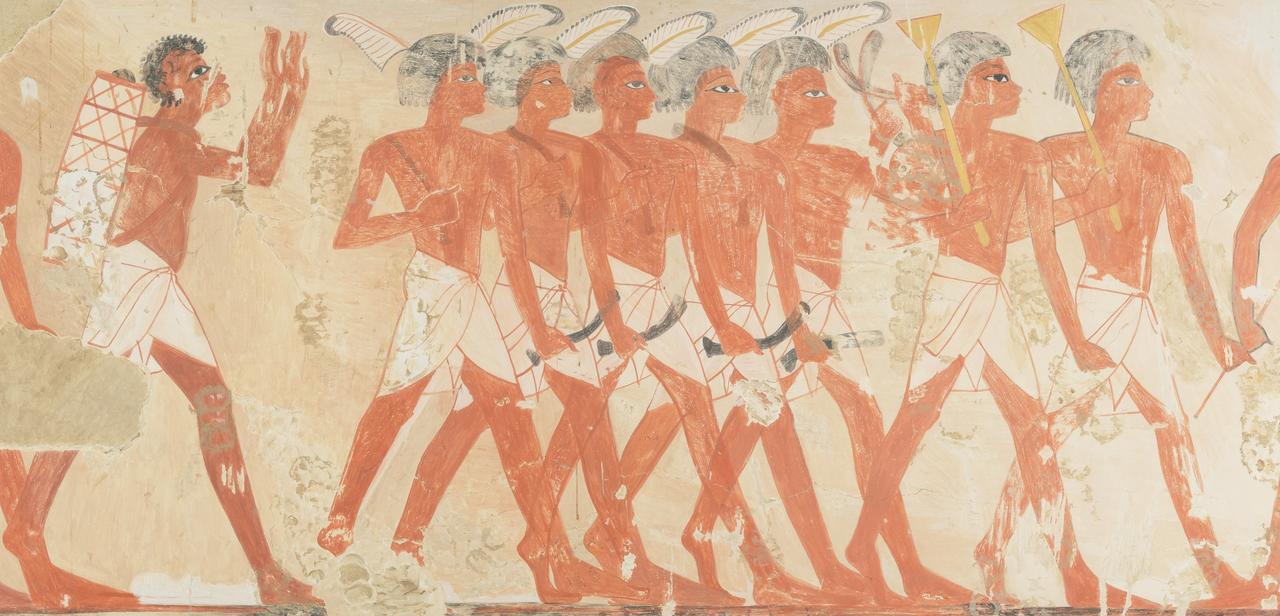
Booking and information
Register for your place in advance using the link below. After registering, you will receive a confirmation email containing information about your booking. If you do not receive your email, then please check your junk folders before contacting the Egypt Exploration Society. The course will be held on our Zoom platform and attendees will be able to interact by asking questions, using the chat and polls. It is not necessary to have a working webcam or microphone for this course. The online course will be complemented by Google Drive, where resources will be uploaded.
Please ensure that you have read our guide to attending EES online events before the course begins.


